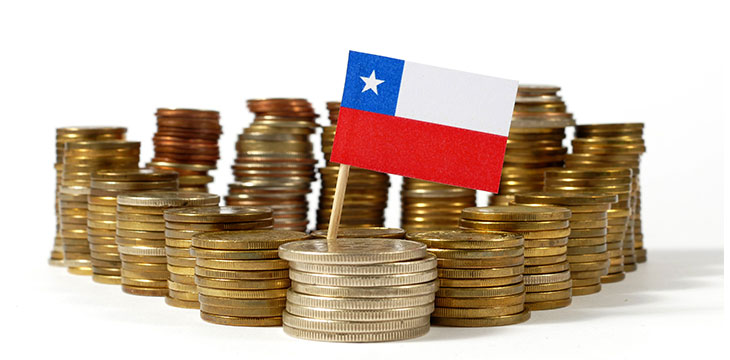|
Getting your Trinity Audio player ready...
|
At the end of March, two Chilean cryptocurrency exchanges cried foul after their accounts were suspended by local banks. The exchanges took the banks to court, requesting that the decisions be overruled. The courts have sided with the exchanges, and have ordered the banks to reopen the accounts, at least for the time being, Bloomberg first reported.
Chile’s Banco del Estado de Chile (Chile State Bank) and Itau Corpbanca, along with eight others, were sued by cryptocurrency exchanges Buda, Orionx and Crypto MKT over the suspensions. The trio argued that the banks lacked “knowledge and regulatory clarity,” regarding cryptocurrencies, and that the closures were unjustified. The anti-monopoly court of Chile has agreed that the accounts should be reopened while the lawsuit continues.
Buda’s CEO, Guillermo Torrealba, says that the closure of the accounts shows how conservative the country is, despite the fact that it tries to portray itself as a liberal one. He adds that the banks are transforming the cryptocurrency environment into one that is worse than what is seen in China, Bolivia or Ecuador.
In an interview with Cointelegraph, Torrealba said Chile has no laws or legislation governing cryptocurrency operations in the country, but this hasn’t stopped the banks from arbitrarily deciding to become regulators of the industry.
“There hasn’t been one regulator, legislator or government official saying that cryptocurrencies aren’t legal, it was just the decision of a very powerful sector of the economy: the banking industry,” he said.
Torrealba noted the importance of their fight to achieve “economic liberty”—and not just from what he claimed was an abusive government, “but liberty from a corrupt and overpowered financial industry which is protecting itself in the most archaic and prehistoric way: denying a technology in the most open and overly bold way they could find. [The banks are] so openly abusive that everyone agrees that what they’re doing is illegal but that isn’t enough for them to stop. They’re just too big to need to tread carefully, or to act inside the regulatory frame.”
Despite an outcry on backlash over the decision, the banks involved have yet to respond to public requests for clarification.

 02-22-2026
02-22-2026 




